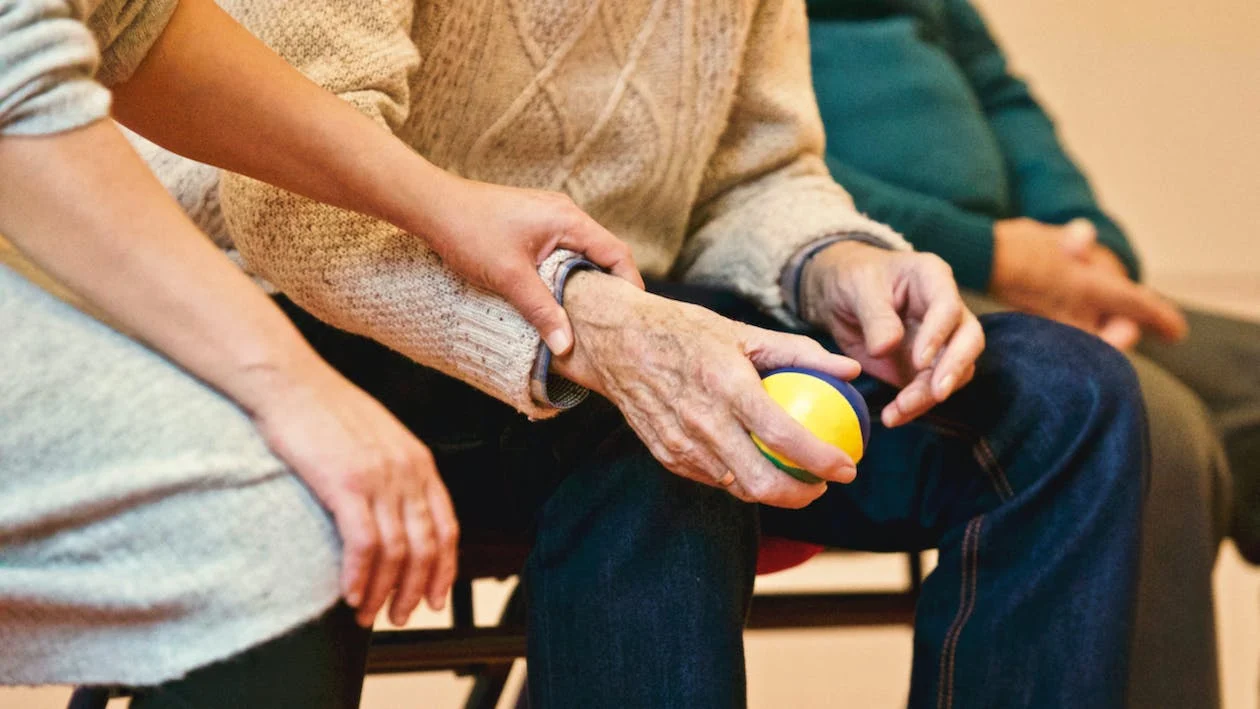Caregivers play a significant role in the lives of their loved ones. They also play an essential role in how the healthcare system functions.
Caring for a loved one is never an easy task, and when it comes to making medical decisions on behalf of someone else, the situation edges even further into the gray. As a caregiver – an unpaid individual who assists in a loved one’s daily and medical life – how do you begin to navigate your crucial role in healthcare settings?
You not only work with your loved one’s physicians, nurses, and long-term care providers regularly, but you may make a variety of decisions regarding their care if they’re unable. These actions beg the question – who’s really in charge? Keep reading to learn more about the crossover between caregiving and healthcare decisions.
First, it’s essential to understand that doctors will always discuss significant health decisions with the patient if they still can think clearly and share their thoughts. Their choices will be followed as long as they don’t create safety issues.
Sometimes, what the patient wants is not what others want or will do for them. When patients need help carrying out their wishes, it can be challenging for those who want something different from what they want.
Understanding your role
Each caregiver’s role will be different depending on your relationship with who you caregiver. Perhaps you’re caring for your parent, and your mom or dad has named you the healthcare agent in charge of their medical decisions. Maybe you’re caring for your neighbor who has a next of kin to make these decisions, and you merely provide everyday support and medical help where necessary.
Your role is whatever your loved one needs it to be. Discuss this openly and directly. Suppose you feel that your caregiving role is becoming increasingly medical (or it has been medical from the get-go). In that case, you should understand how you fit into the medical equation to feel comfortable. Remember, it’s significant to take on responsibility for someone else’s medical decisions, so don’t do it lightly and be conscious not to overstep your bounds.
What you can do to
Depending on your role, there are several steps you can take in advance that may help you navigate caregiving and healthcare decisions. Your goal should always be to continue to supplement the care that the individual is receiving in their healthcare situations, regardless of their personal medical decisions.
- Have a candid conversation. These are often a bit awkward and uncomfortable, especially when health and age coincide, but it can be the best way to understand what the person wishes for their health if anything were to happen. Who do they want to make decisions for them? What would they want to happen in the worst-case scenario? Get specific to their healthcare challenges and make a note of what they say.
- Encourage your loved one to sign an Advance Medical Directive or name a healthcare agent. This is more or less a way of solidifying your candidate conversation. It puts your candid conversation on paper so that the right decisions can be made on behalf of your loved one according to their wishes.
- Continue to provide support. As a pair of outside eyes in the situation, the best thing you can do is continue to provide support in the way you’ve always done so. Engage your loved one’s medical doctors, provide information if they’re unable to do so, help them join a community to get them the support they need to make solid and intelligent decisions.
By communicating effectively with all the individuals involved in the care team, you can help your loved one and make more efficient use of your time and resources.
As a caregiver, you’re caught in a tough spot when situations get medical. However, you can navigate this area best if you discuss them with the individual you’re caring for well in advance and understand what role you serve in. Stick to that role and work with your loved one’s healthcare team when necessary.

